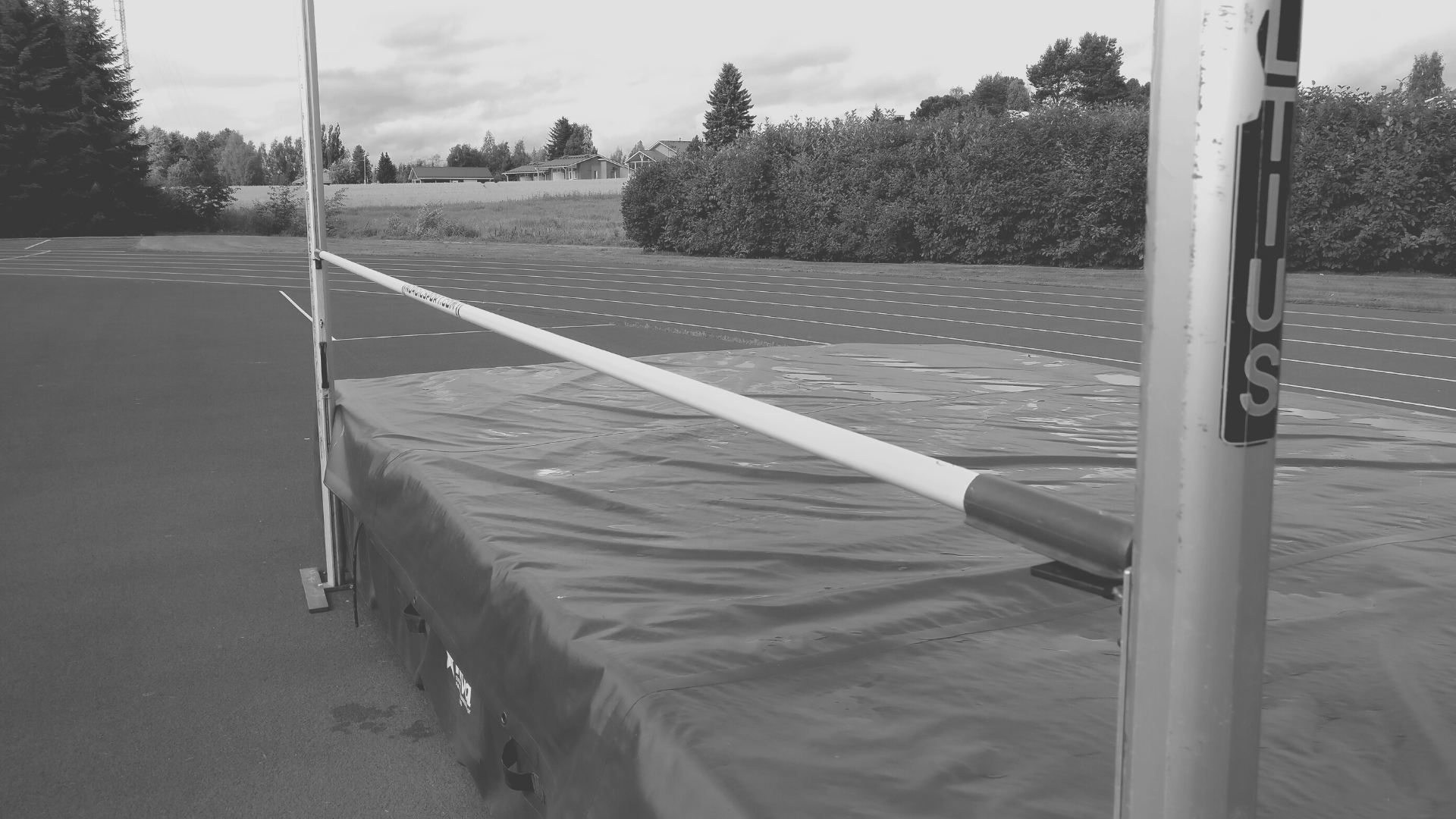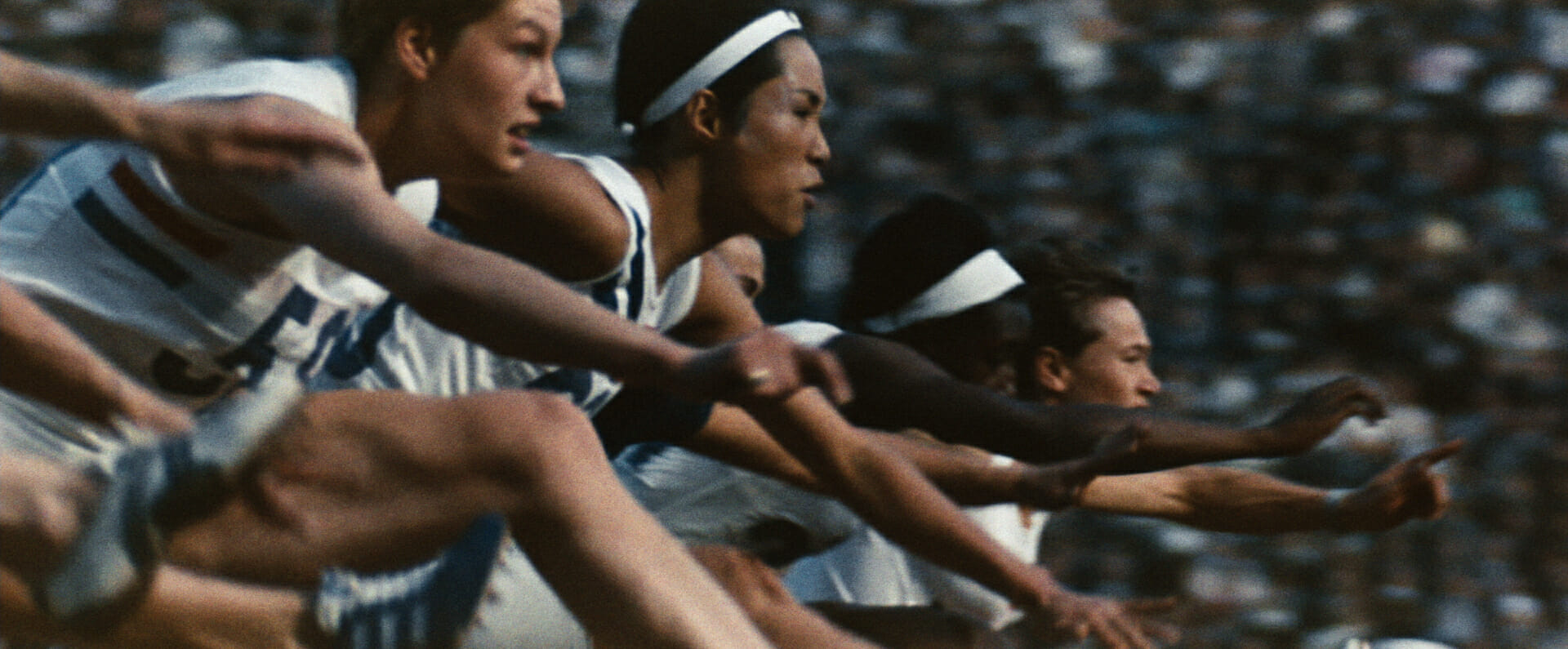
1991 World Championship in Athletics | Mike Powell's Long Jump world record
Discipline
Event
Date
By
In the years preceding the 1991 World Championships in Athletics, Carl Lewis was unbeatable when it came to the Long Jump. He had won sixty-four consecutive competitions in the previous ten years and was aiming at one last objective: to beat Bob Beamon’s Long Jump world record, of 8.90 m, set in 1968 during the Mexico City Olympics.
Mike Powell was America’s second-best Long Jumper. He had lost the National Championships a few weeks earlier by only one centimeter. The winner: Carl Lewis, 8.64 at his last jump.
A few days earlier, Lewis had won the gold medal and set a new world record, running the 100 m in 9″86. He was now looking for the greatest Long Jump performance of his life. He would find it, but it would not be enough.
Warming up
It was August 30th, 1991, and the stage was fascinating: the Olympic Stadium in Tokyo, which also hosted athletics competitions during the 1964 Olympics. The competitors were world-class: all the ingredients were there for a memorable night.
Powell’s first attempt was terrible, as he landed at 7.85 m distance in the sand. He was nervous; he felt the pressure of the moment. Lewis, however, did not: his first jump was 8.68 m. It was the best performance of the year and the World Championship record. Yet, it was still not enough: he was aiming for more.
The two styles were considerably different: Lewis’ run-up style was elegant, and nothing was out of place. On the other side, Powell was energetic but almost seemed to lose control of his body. He would later claim to have jumped more than 8.90 m during training, but without ever being able to fully govern his action.
Powell felt good after his second attempt but knew he could do better. He thought he had reached something around 8.20, and 8.30 m. When the stadium screen showed 8.56, he understood it was the right night to go even further. Lewis – who fouled his second jump – knew the world champion title might be in danger.
A few minutes later, however, Lewis flew far away after a modest 8.29 m from Powell. While still waiting for the measurement, the screen signalled the wind speed at 2.3 m/s, 0.3 m/s too fast for the result to be officially listed as a record. Lewis celebrated nonetheless when he realized he had jumped 8.83. Now the world champion title looked close once again.
A new world record
After the first three jumps, the eight best athletes were given three other attempts, although it was clear to anyone that the competition for the gold medal was between the two. Powell jumped very far in the fourth attempt, maybe over 8.80 m, but the official raised the foul red flag. He looked desperate; he approached the official looking for any evidence of his foul. Would he find the one, perfect moment?
On the other side, Lewis looked untouchable. He was battling with history right then. His next jump was a masterpiece, but the script remained the same. The wind screen invalidated the record attempt, indicating a speed of +2.9 m/s. Incredibly enough, nobody seemed to care when the official measure was announced: 8.91 m, the longest jump ever achieved by a human being. A remarkable result: for the moment, the world record could wait.
Powell observed his the rival celebrating: he knew he had to beat the world record to win the gold before the competition, and he knew it now, with two attempts left. When he stepped onto the run-up lane, Powell brought him with his desperation and the sheer desire to win. The world record was not a factor anymore. His only desire that night was to beat Lewis.
The run-up was messier than usual, with the takeoff before the foul line, and additionally the wind was 0.3 m/s. The landing was further away than ever before. Further than Carl Lewis a few seconds before, and furthest than anyone ever: 8.95 m, Powell was now in the gold medal spot. Into the bargain, he was also the new Long Jump world record holder.
The celebration was full of joy and surprise. When he had calmed down, however, fear kicked in: would Lewis be able to beat him?
He would not. He would not get far away, either: the last two jumps would measure 8.87 and 8.84 m respectively. Lewis had most likely completed the most incredible long jump competition of all time: 8.87 meant a personal record and a third wind-legal leap of all time. His 8.68 m in the first jump, an already extraordinary result, would end up being his worst performance of the night; he had jumped over the 8.80 m mark four times in a row, an incredible proof of consistency. However, he had lost. Long Jump competitions reward the peaks, and Mike Powell had peaked to a world record, on a night in Tokyo that people worldwide would not forget.









